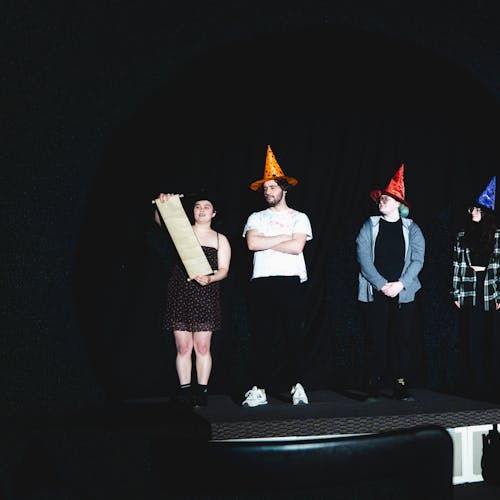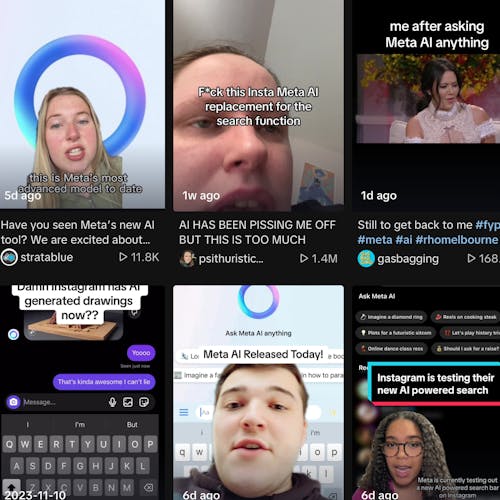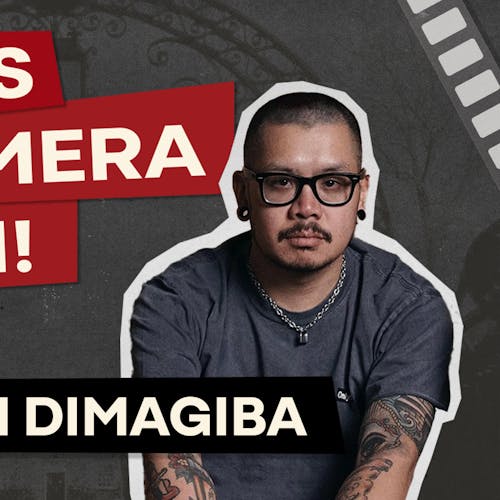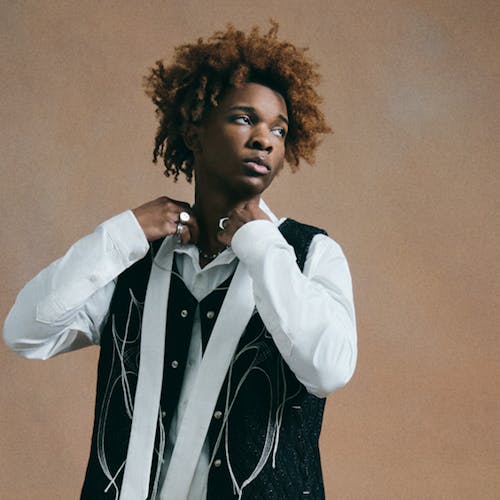Deepfakes, AI music: Is 'Sora' taking things too far?
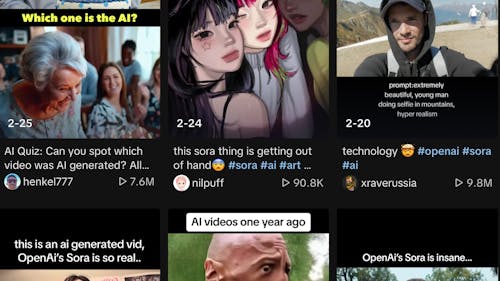
In an era marked by the relentless evolution of technology, the threat of artificial intelligence (AI) infiltrating various aspects of our lives has become an undeniable reality.
AI industry leader OpenAI recently announced its next groundbreaking project, Sora, a generative AI model capable of transforming text prompts into lifelike minute-long videos.
The model represents a departure from its predecessors ChatGPT-4, which generates text, and DALL-E 3, which focuses on generating still images. This development was met with mixed responses, with many questioning its ethical implications on the future of academia and the workforce.
AI has made significant strides, showcasing its potential to disrupt industries and redefine societal norms. But, concerns about its uncontrollable nature and the potential risks it poses to humanity have also been amplified.
A recent incident involved trolls flooding the social media platform X with graphic AI images of singer Taylor Swift. The images garnered millions of views before removal, highlighting the ability of AI to damage reputations and spread disinformation.
Additionally, AI has proven to be a major disruptor in the music industry. A TikTok user's AI-generated song titled "Heart On My Sleeve," which mimicked the styles of Drake and The Weeknd, amassed 15 million views on TikTok and 600,000 streams on Spotify before being removed.
This raises questions about the authenticity of creative content produced by human artists in the face of advancing technology. The threat posed by AI extends beyond creativity, as it is poised to infiltrate and potentially replace various job sectors. Musicians, artists, actors, editors, photographers and videographers are grappling with concerns about their professions.
Understandably, music companies like Universal Music Group have pulled their artists' music from platforms like TikTok, citing concerns about the lack of moderation for AI-generated content as a primary reason.
The impact of OpenAI programs on academia has also been multifaceted, with some students benefiting from AI assistance and others facing challenges. As Sora edges closer to public release, the implications for college students become a focal point.
For struggling students, the introduction of Sora could signify a welcome change in their academic journey. The prospect of AI-generated videos translating complex concepts into easily digestible content could revolutionize the learning experience. On the flip side, there is a palpable fear that reliance on AI for academic tasks could compromise the authenticity of individual efforts.
As job markets evolve, the integration of AI like Sora could lead to a redefinition of career paths for graduates. While it might open up new opportunities for creativity and innovation, it also poses a threat to traditional professions, forcing students to adapt to a rapidly changing labor landscape.
The unveiling of Sora by OpenAI brings both promise and peril. The revolutionary potential to enhance learning and creativity must be weighed against the risks of job displacement, ethical concerns and potential misuse.
As Generation Z prepares for a future shaped by AI, they must actively engage in the discourse surrounding Sora, advocating for responsible developments and implementations.
